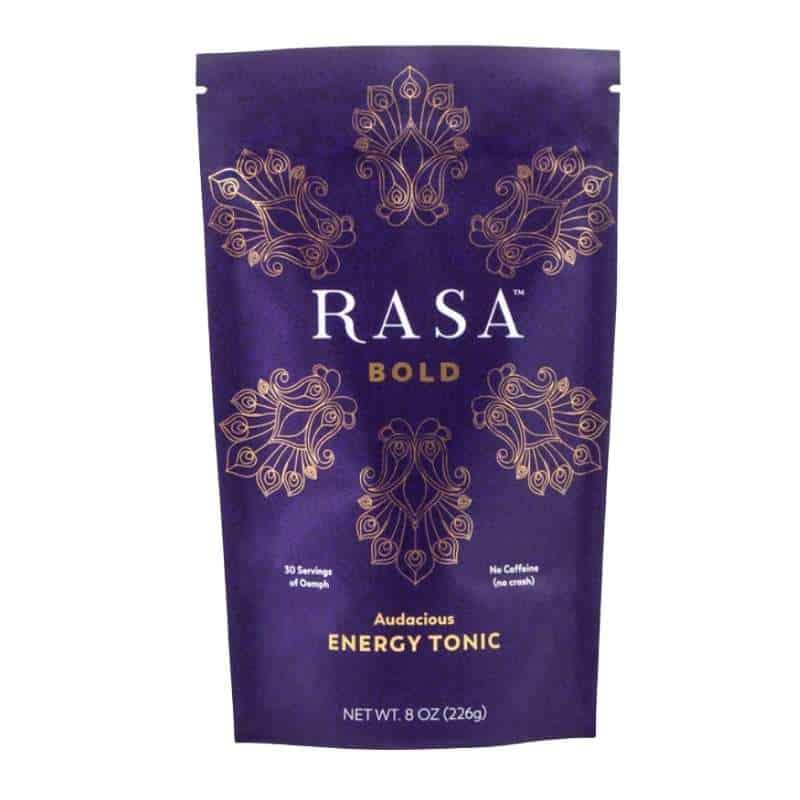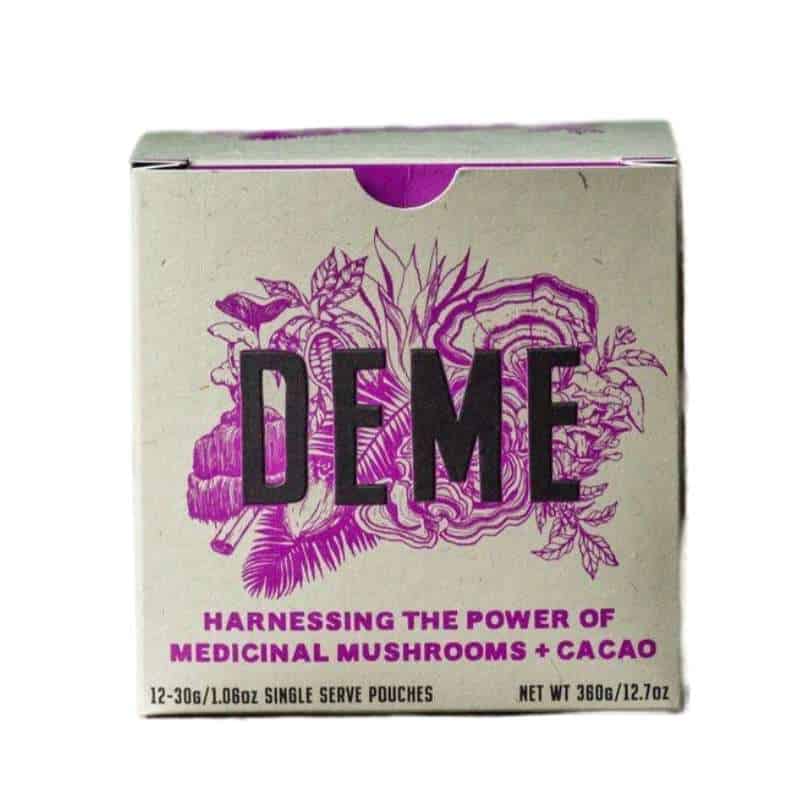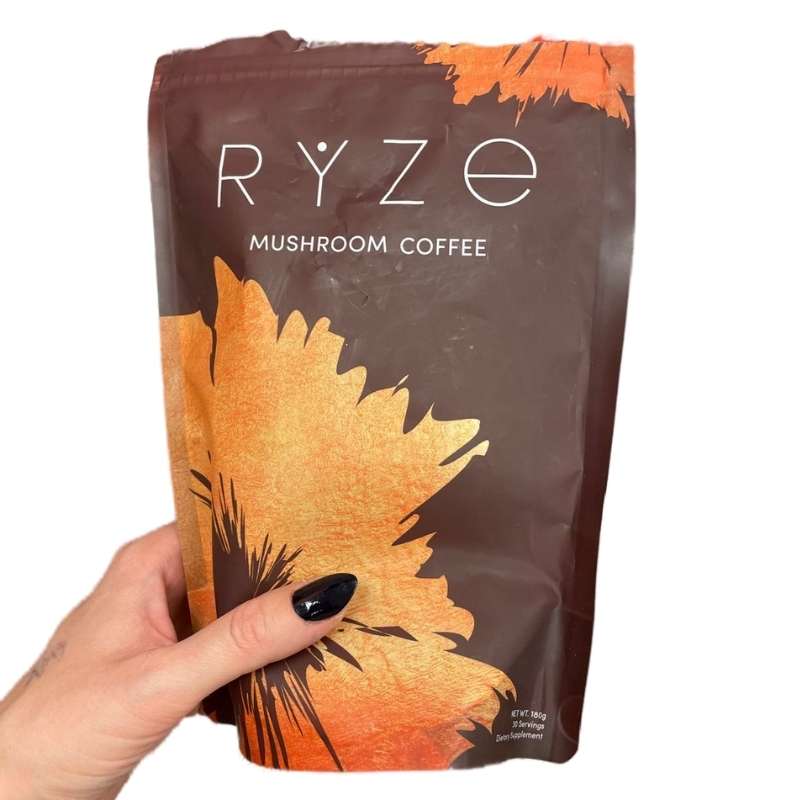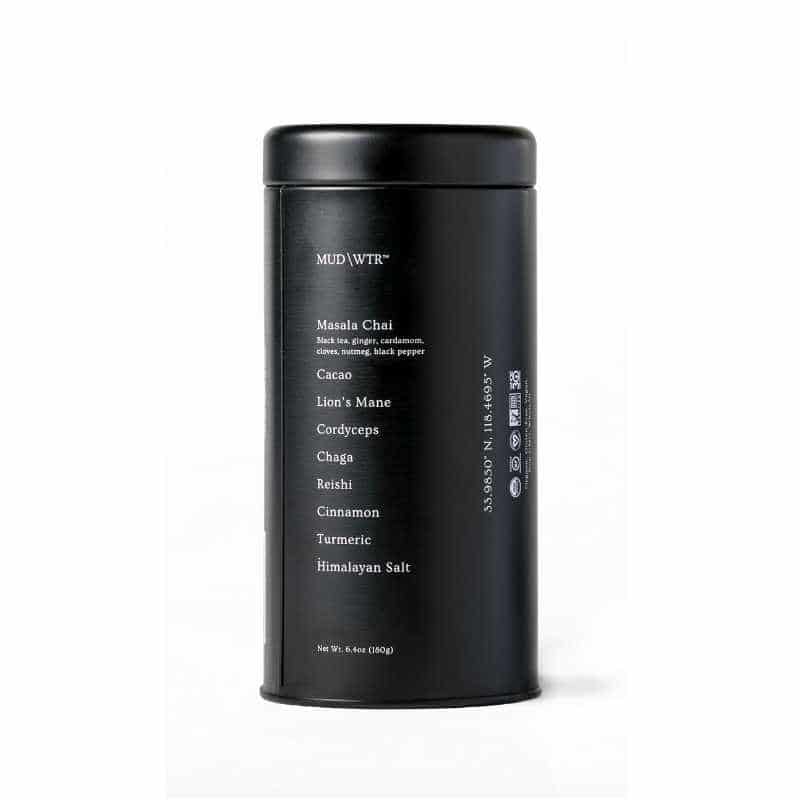Druggenius.com is reader-supported. We may earn a commission through products purchased using links on this page. Learn more about our editorial process here.
Most of us can’t even think about starting our day without drinking our morning coffee or tea. While this caffeine consumption is undoubtedly a great way to wake yourself up, it becomes a problem when you get addicted to caffeine intake.
From your matcha lattes to caffeinated energy drinks and beverages, caffeine is everywhere nowadays.
Researchers have found that high caffeine intake negatively impacts your body by exhausting your adrenals, affecting your thinking, energy levels, and hormones.
There are many benefits of quitting caffeine for a long or short period as it helps your body to reset your adrenal glands and fix the overall imbalances caused by your unusual coffee habit.
Here we will discuss the advantages of quitting caffeine and tell you about some better, caffeine-free alternatives that you can choose instead of caffeinated beverages. So, without further ado, let’s get started.
What Is Caffeine?
Caffeine is a white substance with a bitter taste naturally found in 60 or more plants, including tea leaves, coffee beans, and cacao pods used in making chocolate. The FDA or the Food & Drug Administration of the U.S. considers caffeine a drug and a food additive.
Most people in the world are used to consuming caffeine as a stimulant present in their morning cup of coffee or tea, chocolate, and soda to reduce tiredness, increase alertness, and boost their energy levels.
And there is no doubt that coffee consumption can be a great tool for waking up and achieving better concentration. However, too much caffeine can cause high blood pressure, restless sleep, insomnia, dehydration, daytime sleepiness, and headaches.
The percentage of caffeine in a food or energy drink often varies. If you’re consuming tea or coffee, the amount of caffeine will depend on the manufacturing brand, types of leaves and beans used, and the way and time it took to get prepared.
Decaf coffee contains only 2 milligrams of caffeine, whereas the highest amount of caffeine for a regular cup of coffee can be around 200 milligrams. As for a cup of tea, this amount can be anywhere between 9 to 110 milligrams.
Typically, an average cup of tea contains 40 milligrams of caffeine. On the other hand, an 8-ounce energy drink contains 50 to 160 milligrams of caffeine.
How Much Caffeine Can be Considered Too Much?
According to studies, an average American grown-up consumes around 200 milligrams of caffeine in a day. If you have a five-ounce coffee cup, this will equal two cups of coffee per day. As for cola, four twelve-ounce cans will contain 200 milligrams of caffeine.
For most people, consuming as much as 400 milligrams of caffeine per day is just fine and harmless. However, the effects of caffeine differ from person to person depending on the size, age, sensitivity, and gender of a person.
Even moderate amounts can cause nervousness and high blood pressure to people who are sensitive to caffeine. Health experts say that consuming 600 milligrams or more caffeine a day is considered too much for an adult. This means you need to avoid caffeine if you’re used to drinking 4 to 7 cups of coffee a day.
Symptoms of Excessive Caffeine Consumption
As you already know, excessive caffeine consumption has many negative effects on your body. But how do you know it’s time to change your caffeine habit or quit coffee and other energy drinks? Of course, your body will show some symptoms, and you can easily identify them.
Below are a few signs of unnatural caffeine consumption. Let’s take a look:
- Dehydration
- Increased blood pressure
- You’ll feel jittery or shaky when you wake up
- Insomnia or ‘on and off’ sleeping cycle throughout the night
- Developing chronic daily headaches, nervousness, and dizziness
- Abnormal heartbeat or racing heart
Advantages of Quitting Caffeine
Although you might have all the symptoms of excessive caffeine consumption, it can still be hard for you to stop drinking coffee entirely. Sometimes you just need a little push, and we are here to help.
We have listed some health benefits of quitting caffeine so that you can easily make your ultimate decision. And here’s why you should quit caffeine –
Less Anxiety
If you have just started drinking coffee or consumed large amounts, you’ll start feeling anxious after every cup of coffee you drink. That’s because caffeine works as a stimulant and plays an important role in inducing anxious feelings.
Scientific American published an article that explains how caffeine can lead you to long-term anxiety.
Caffeine boosts your body’s epinephrine and norepinephrine hormones and creates a heightened sense of both stress and focus. After you consume caffeine in excessive doses, your body will no longer be triggered by caffeine. This might cause anxiety, heart palpations, nervousness, and sometimes even panic attacks.
So, if you want to avoid long-term depression and anxiety, you should avoid drinking coffee at least for a while.
Increased Nutrient Absorption
You may not feel the effects directly, but caffeine can inhibit the absorption of some necessary vitamins and minerals and reduce the positive effects of consuming them. This is particularly true for older people and those who intake high doses of caffeine and follow an imbalanced diet routine.
The tannins found in caffeine are mainly responsible for inhibiting the absorption of some necessary nutrients, including B vitamins, iron, and calcium. So, if you drink coffee excessively, your body will pass the vitamins instead of utilizing them.
Remember that your body will fail to absorb the nutrients even if you take vitamin supplements with your food or coffee.
Financial Benefits
Whether you buy coffee at Starbucks or brew your own coffee from beans, it’s not very kind to your wallet. If you take the price of an average coffee at Starbucks, which is $2.75, you’re paying $1000 each year just for one cup of coffee per day. The numbers will surely increase for coffee addicts.
Even if you buy your own beans for making coffee, you’ll need to spend a fairly large amount of money for those beans, coffee machines, and filters. Quitting coffee not only gives you better health but also saves you money that you can spend on more important sectors.
Better Sleep
Numerous studies have shown that sound sleep is insanely important to the human body. And we all know how coffee can help remove sleepiness during working hours. However, the effect of caffeine persists in our body for 6 hours or more.
So, when you drink coffee in the evening or before going to sleep, caffeine can interrupt your regular sleep cycle, causing irregular sleeping patterns and daytime drowsiness. Since caffeine is a stimulant and often tends to overstimulate your adrenals, it can permanently affect your sleep quality and put you in an alerting state.
Therefore, those who stopped drinking coffee have found it easier to sleep early at night and enjoyed undisturbed night’s rest.
Balanced Hormones
Quitting coffee and caffeinated beverages is particularly important for adult women. According to a 2012 study, drinking 2 cups of coffee or consuming 200 milligrams of caffeine each day can elevate estrogen levels, particularly in Asian and black women.
For white women, the increase in estrogen levels is slightly lower. This change in estrogen level is harmful in case you’re already at risk of conditions like ovarian cancer, breast cancer, endometriosis.
Caffeine might not have any direct effect on these diseases, but high levels of estrogen are associated with such health conditions. Moreover, caffeine can also worsen some of the symptoms of menopause.
Improved Dental Health
No one can deny the fact that tea, coffee, and many caffeinated beverages leave a stain on your teeth. If you’re used to consuming black tea or dark coffee, you’ll notice a yellow or brown layer on your teeth. This happens because of the presence of high tannin levels in these drinks.
Tannin is an organic substance that builds up on your tooth enamel, causing permanent discoloration of your pearly white teeth. Moreover, the acidity of caffeinated drinks can cause tooth decay and wear.
American Dental Association published a journal stating that even regular brushing isn’t enough for removing coffee stains.
At-home bleaching or taking help from a professional dentist is the only effective way to get rid of those stains. But quitting coffee is a far better and hassle-free option for keeping your teeth healthy and white.
Lower Blood Pressure
Apart from being a stimulant, caffeine also works as a vasoconstrictor. This means caffeine narrows your blood vessels resulting in increasing your blood pressure. If you’re already suffering from stress, increased pressure, and heart diseases, caffeine intake can worsen your condition.
Also, consuming more than 5 cups of coffee per day can increase the risk of various heart diseases. Hence, reducing caffeine intake will help you get rid of cardiovascular disease and high blood pressure.
Fewer Headaches
Unlike popular belief, caffeine can actually develop chronic headaches instead of reducing them. You can drink coffee as a simple way of lessening your headache and slowly become dependent on it. In that case, you’ll face caffeine withdrawal symptoms the next day.
This means if you’re used to drinking coffee every morning, you’ll feel withdrawal headaches when you skip drinking coffee the next day.
Also, caffeine causes your blood vessels to shrink slightly, and stopping coffee intake will open up the vessels back to their normal conditions. This sudden change often causes painful withdrawal headaches.
Caffeine-Free Alternatives of Coffee
Now that you have decided to go caffeine-free, you must need an alternative to keep yourself energized and focused every day. Luckily, there are many drinks and beverages available today that don’t contain any caffeine despite tasting like coffee or tea.
â Does mushroom coffee have caffeine?
â Does Cheerwine Have Caffeine?
Here are some caffeine-free options for you…
Ryze Mushroom Coffee
Ryze mushroom coffee contains 48mg of caffeine per serving. That puts it at about half the amount of caffeine present in a regular cup of coffee. Ryze was voted the Best Mushroom Coffee in our recent roundup.
MUD/WTR
This is a type of mushroom coffee that tastes like a chai latte and provides the excellent benefits of medicinal mushrooms. It’s a vegan, organic, and whole-30 approved ingredient blend that packs in the medicinal benefits of some mind-enhancing mushrooms like Cordyceps, Lion’s Mane, Reishi, and Chaga.
One cup of this mushroom drink will stimulate your nervous system without stressing your adrenal glands. Moreover, ingredients like cacao, turmeric, and cinnamon make this blend healthy and flavorful. You can drink this mushroom coffee without concerning about any side effects.
The MUD/WTR caffeine content is about 1/7th the amount found in a regular 12oz cup of coffee.
Read our full MUD/WTR review.
Rasa Bold

You’ll have a hard time finding a drink that tastes like coffee and stimulates your body in the same way. Rasa Bold is exactly that while eliminating the negative effects of caffeine.
To maintain the ritualistic taste and quality of coffee, you can brew this adaptogen-rich blend in a French press and mix cream and sugar as per your needs.
This mushroom drink contains the goodness of Lion’s Mane and Cordyceps, the two most popular brain-boosting mushrooms that provide sustained energy. Some energy-enhancing herbs like Rhodiola, Schisandra, and Eleuthero are also added to make this mushroom coffee the perfect drink for your mornings.
Cacao and Deme Medicinal Mushroom Drink

If you want the taste of a healthy and delightful mocha coffee every day, the Deme mushroom drink can be your ideal choice. Blended with many medicinal mushroom extracts, this mushroom coffee has a balanced and robust taste. Agave crystals and coconut milk powder are also present in the drink to increase its sweetness.
On top of that, three immunity-boosting extracts like Turkey Tail, Maitake, and Lion’s Mane are also added to the blend. This blend will elevate your mood, boost your mental clarity, and improve your brain health.
Chicory Root Coffee

You can collect the chicory beans and roast them just like any regular coffee to prepare a strong and delicious beverage that tastes just like your regular coffee but is free of caffeine. Chicory root coffee is a great source of inulin.
It’s a soluble fiber that aids in digestion and improves your gut health by facilitating the growth of some beneficial bacteria. However, inulin might have some side effects, such as gas and bloating. Try to avoid this drink if you have any digestive problems.
Final Words
So, now you know the benefits of quitting caffeine. Regular caffeine intake is extremely harmful to your health, skin, and teeth. As there are many caffeine-free coffee alternatives to start your day with, try to quit drinking coffee right away to avoid all the negative caffeine effects.
If the thought of quitting coffee is making you nervous, then just take a short break from your coffee and get back to it when you’re able to get over your addiction.












